What Is A Disease Causing Agent
What is a disease causing agent. What are another words for Disease-causing agent. A general term for any disease-causing infectious agent spread by direct or indirect contact. OF INFECTIOUS AGENTS Infectivity the ability to infect a host Pathogenicity the ability to cause disease in the host Virulence the ability to cause severe disease in the host Immmunogenicity the ability to induce an immune response in the host.
Vaccination is more specific referring more narrowly to the process of receiving a vaccine. The agent stimulates the bodys immune system to recognize the agent as a threat destroy it and to further recognize and destroy any of the microorganisms associated with that agent that it may encounter in. Since the Norwalk virus was identified as a cause of gastroenteritis the number of viral agents associated with diarrheal disease in humans has steadily increased.
Between 8000 and 15000 reported cases per year. These include viroids nematodes prions arthropods notably mites and fleas and macro-parasites such as helminths and roundworms. Ebola virus species Zaire ebolavirus.
WORD OF THE DAY. Your body is naturally full of microbes. Haemaphysalis longicornis is a tick indigenous to Asia where it is an important vector of human and animal disease agents which can result in human hemorrhagic fever.
Around 1000 reported cases per year. Infectious plant diseases are caused by a pathogenic organism such as a fungus bacterium mycoplasma virus viroid nematode or parasitic flowering plant. Copyright 2014 by Houghton Mifflin Harcourt Publishing Company.
Acute gastroenteritis is one of the most common diseases in humans worldwide. A vaccine typically contains an agent that resembles a disease-causing microorganism and is often made from weakened or killed forms of the microbe its toxins or one of its surface proteins. See Note at germ.
Ebola virus disease EVD is a deadly disease with occasional outbreaks that occur mostly on the African continent. Pathogens are basically the disease-causing agents.
Protozoa and worms are usually grouped together as parasites and are the subject of the discipline of parasitology whereas viruses.
11 linhas Similarly diseases are caused by different microorganisms and can be classified as diseases. An infectious agent is capable of. It is caused by an infection with a group of viruses within the genus Ebolavirus. Ebola virus species Zaire ebolavirus. These include viroids nematodes prions arthropods notably mites and fleas and macro-parasites such as helminths and roundworms. Since the Norwalk virus was identified as a cause of gastroenteritis the number of viral agents associated with diarrheal disease in humans has steadily increased. OF INFECTIOUS AGENTS Infectivity the ability to infect a host Pathogenicity the ability to cause disease in the host Virulence the ability to cause severe disease in the host Immmunogenicity the ability to induce an immune response in the host. Copyright 2014 by Houghton Mifflin Harcourt Publishing Company. A vaccine typically contains an agent that resembles a disease-causing microorganism and is often made from weakened or killed forms of the microbe its toxins or one of its surface proteins.
OF INFECTIOUS AGENTS Infectivity the ability to infect a host Pathogenicity the ability to cause disease in the host Virulence the ability to cause severe disease in the host Immmunogenicity the ability to induce an immune response in the host. Bacterial agents transmitted by animals. See Note at germ. EVD most commonly affects people and nonhuman primates such as monkeys gorillas and chimpanzees. 14 Disease-causing agent synonyms. Haemaphysalis longicornis is a tick indigenous to Asia where it is an important vector of human and animal disease agents which can result in human hemorrhagic fever. Viruses bacteria fungi protozoa and helminths worms.
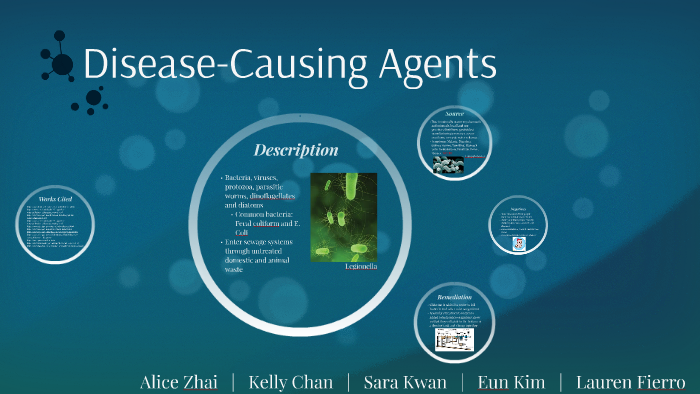


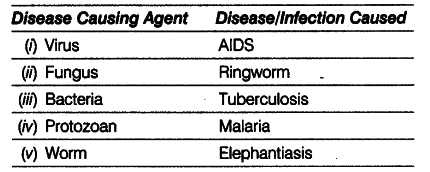






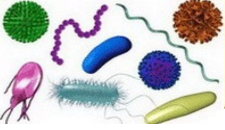

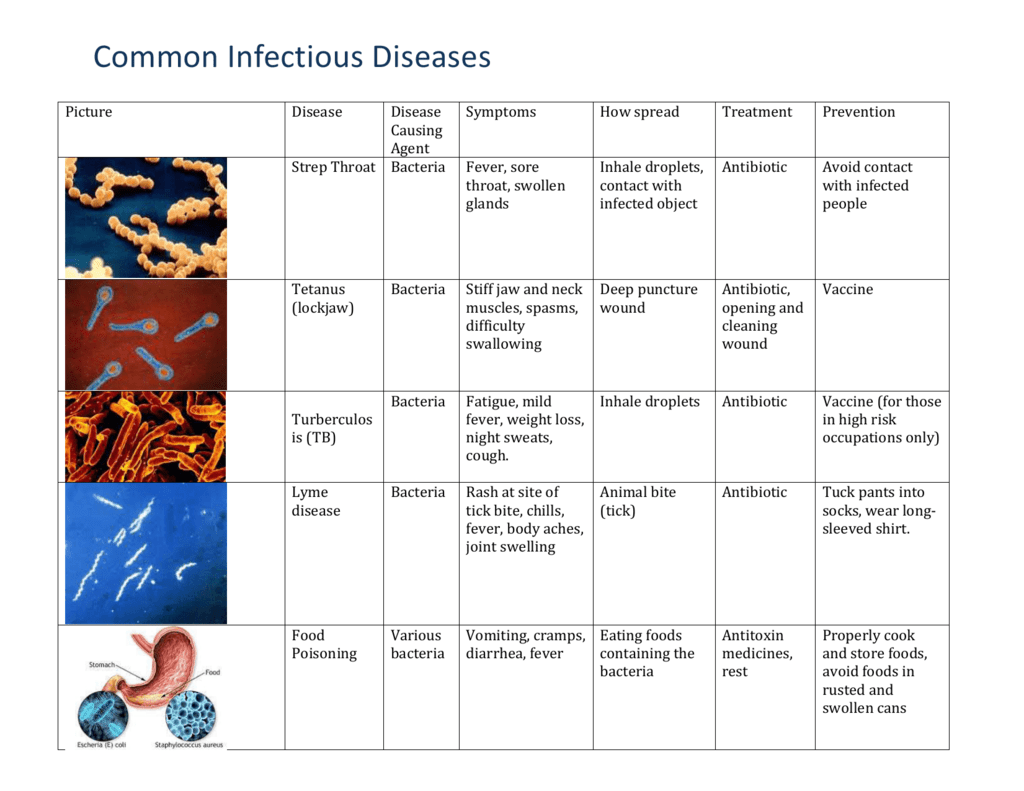

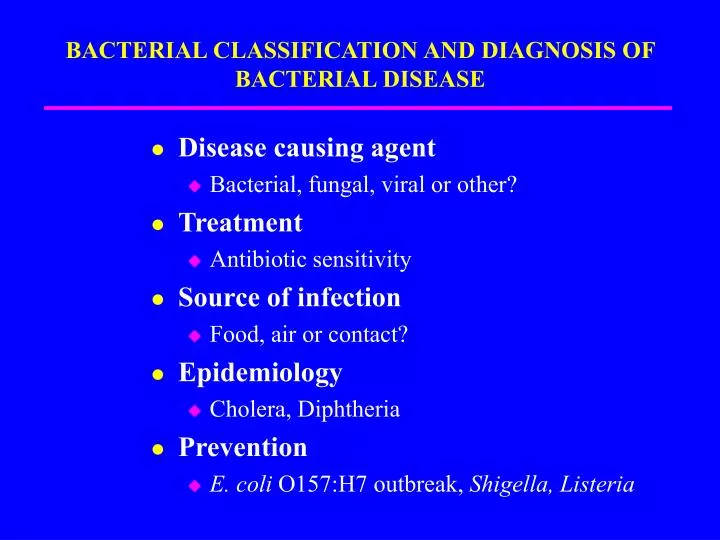





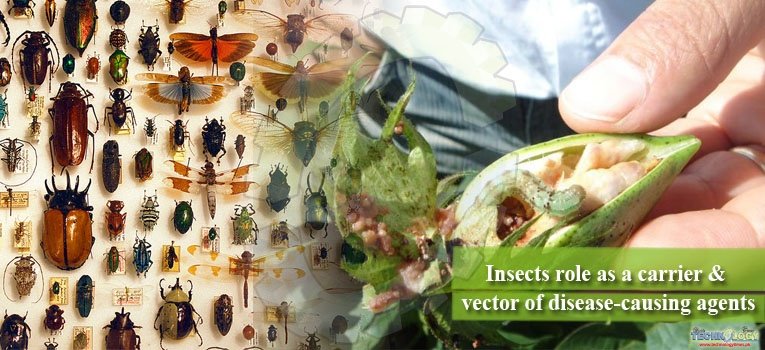



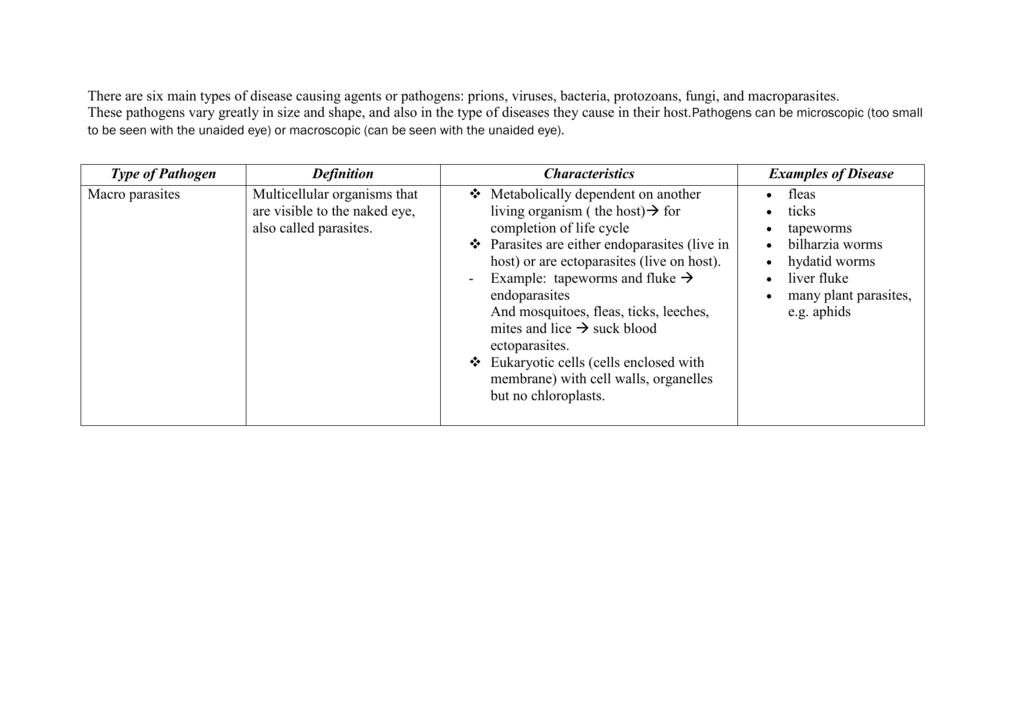

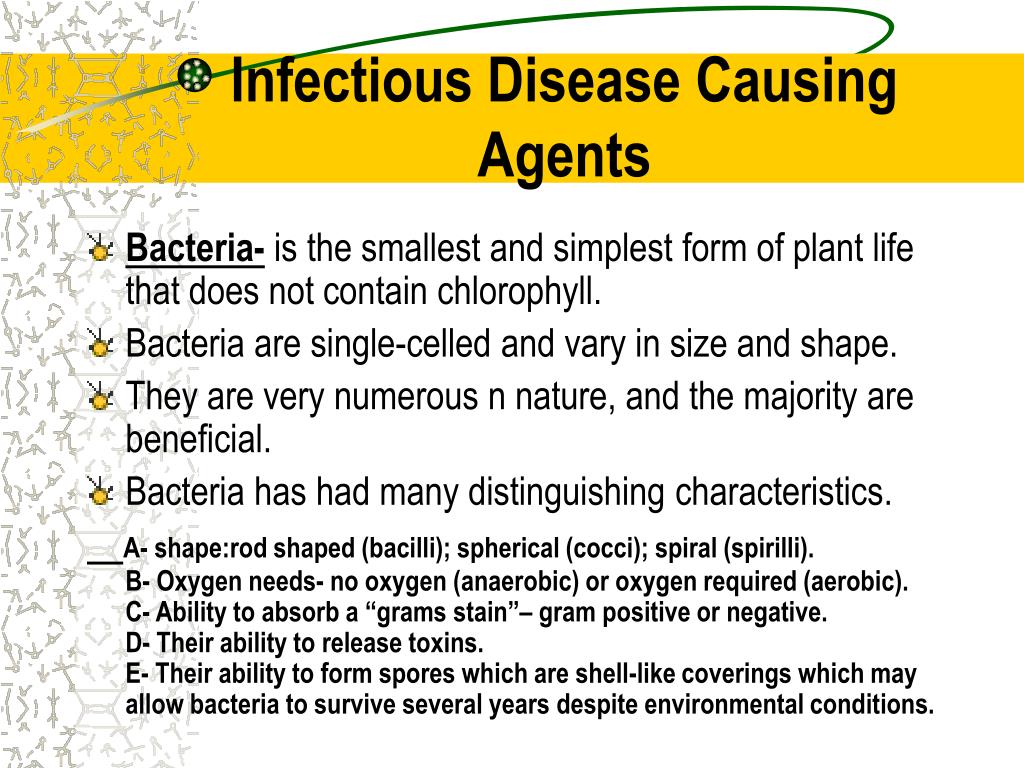




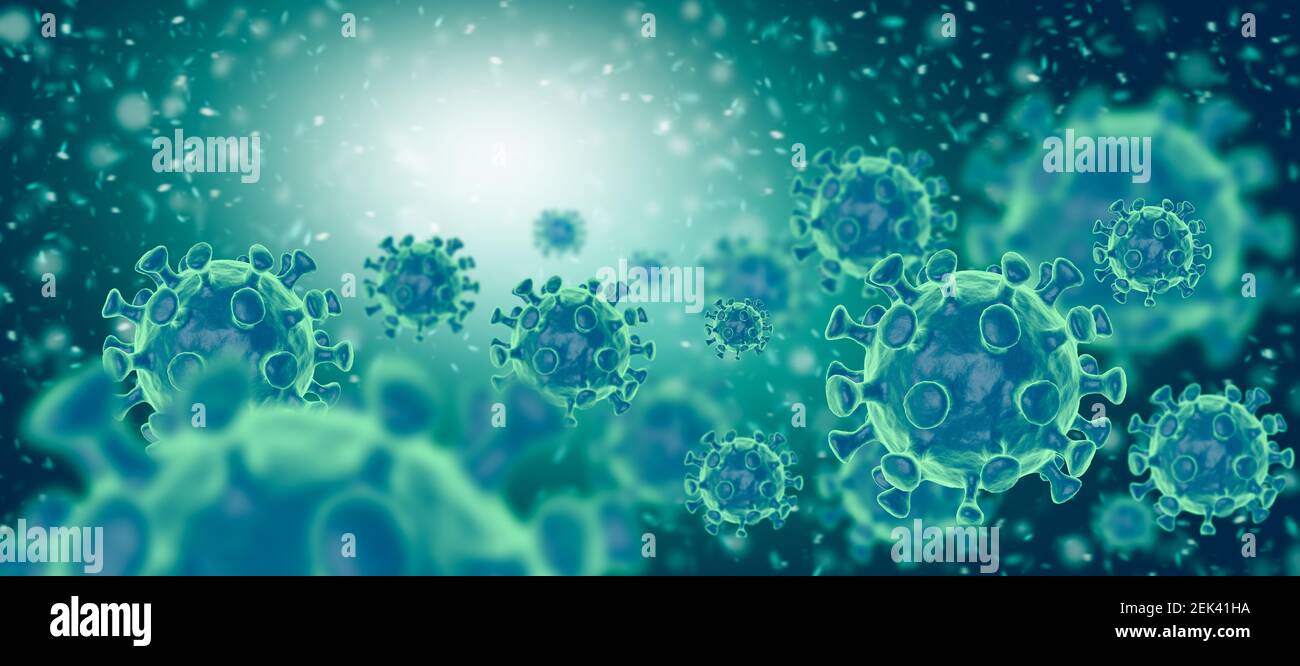
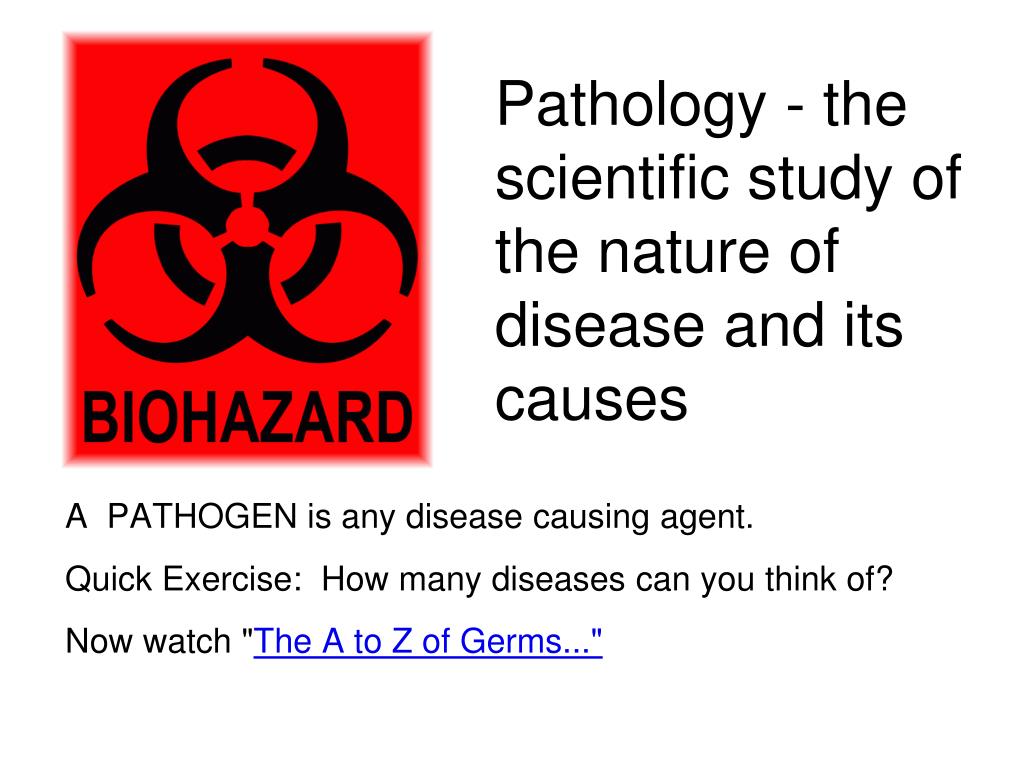






Posting Komentar untuk "What Is A Disease Causing Agent"